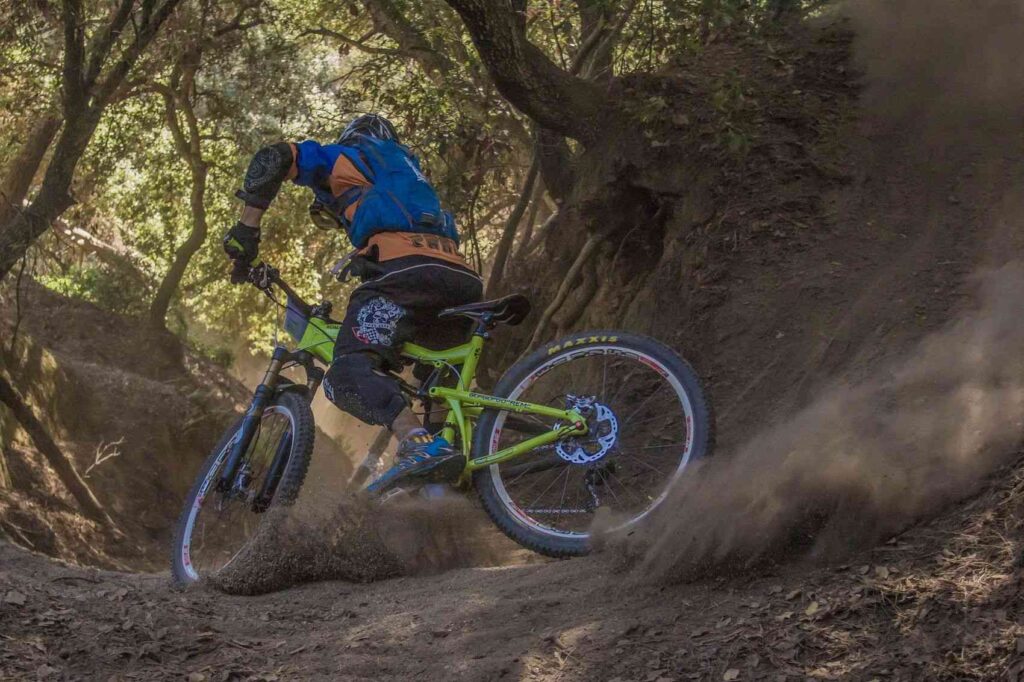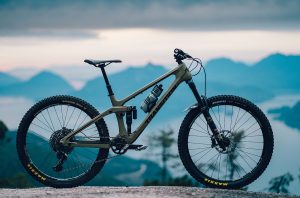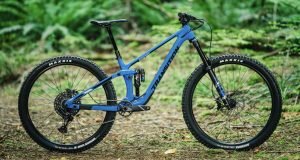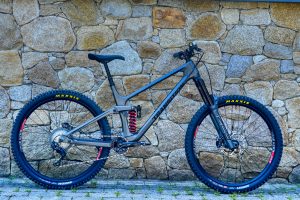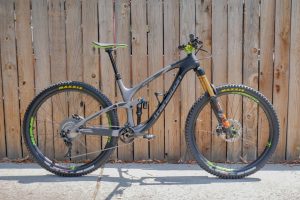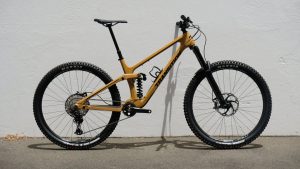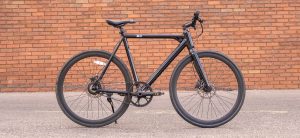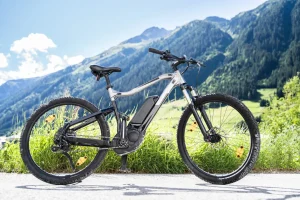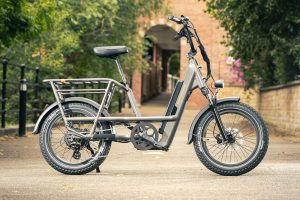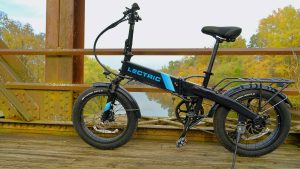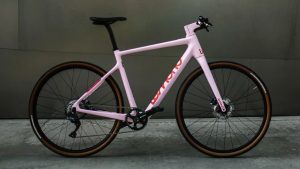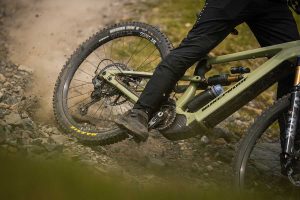The Trek 4300 bike is an excellent choice. However, with different bike models, sizes, and features, choosing the right one can be overwhelming, especially for beginners. In this guide, we’ll walk you through everything you need to know about finding the perfect Trek 4300 bike that fits your needs, budget, and riding style.
Introduction
Whether you’re a recreational cyclist or a professional rider, having the right bike is essential for enjoying your cycling experience. The Trek 4300 is a popular bike model known for its versatility, durability, and value for money. However, before making a purchase, it’s crucial to understand the bike’s features and components that match your riding needs and preferences.
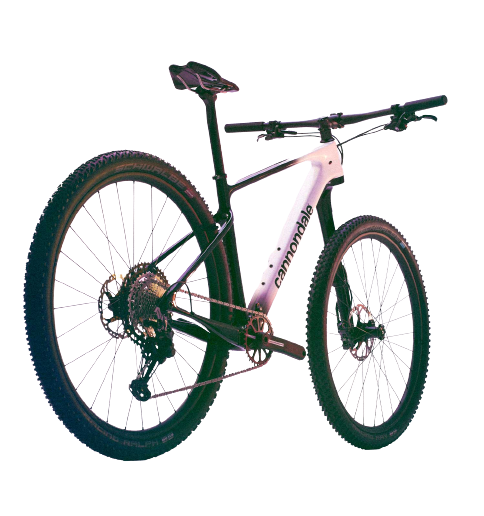
Know Your Riding Style
The first step in choosing the right Trek 4300 bike is to identify your riding style. Do you plan to ride on rough terrains, single tracks, or paved roads? Will you use the bike for commuting, touring, or racing? Knowing your riding style helps determine the type of bike features and components that match your needs.
Understanding Bike Features
The Trek 4300 bike has several features and components that affect its performance, comfort, and durability. Here are some essential features to consider when choosing a Trek 4300 bike.
Frame Material
The frame material is a crucial factor that determines the bike’s weight, strength, and durability. The Trek 4300 bike frame comes in three materials: aluminum, carbon fiber, and steel. Aluminum is the most common and affordable material, known for its lightweight and durability. Carbon fiber is a high-end material that provides excellent stiffness, vibration damping, and weight reduction. Steel is a classic and robust material that provides a comfortable ride but adds weight to the bike.
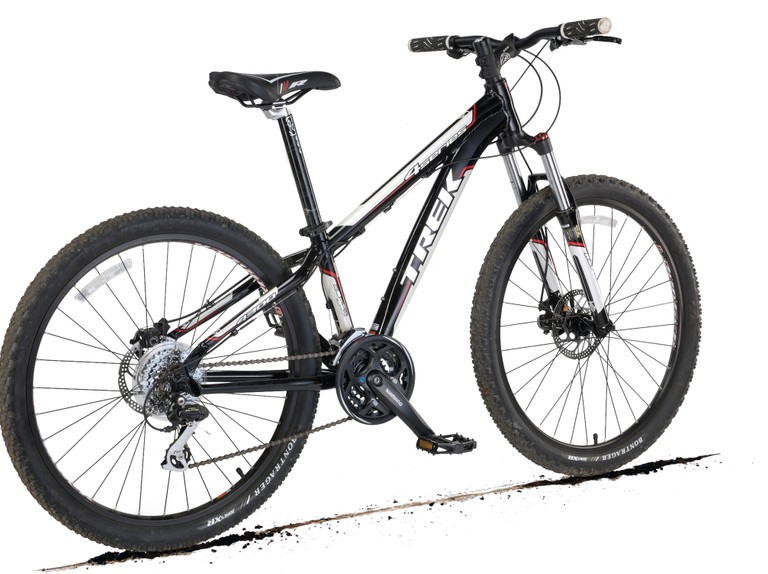
Suspension System
The Trek 4300 bike comes with a front suspension system that absorbs shocks and vibrations from rough terrains. The suspension system can either be rigid, meaning no suspension, or have a suspension fork. A suspension fork provides a more comfortable ride and better control but adds weight to the bike.
Wheels and Tires
The Trek 4300 bike has different wheel sizes and tire widths that affect its stability, traction, and speed. The most common wheel sizes are 26, 27.5, and 29 inches. Larger wheels offer better stability and speed, while smaller wheels provide better maneuverability. The tire width also affects the bike’s performance, with wider tires offering more traction and stability on rough terrains.

Brakes
The Trek 4300 bike has two types of brakes: rim brakes and disc brakes. Rim brakes use pads to grip the rim of the wheel, while disc brakes use a rotor attached to the hub of the wheel. Disc brakes provide better stopping power and performance, especially in wet or muddy conditions.
Drivetrain
The Trek 4300 bike has a drivetrain that includes the shifters, derailleurs, chain, and cassette. The drivetrain affects the bike’s speed, efficiency, and shifting performance. The Trek 4300 bike has different drivetrain options, with higher-end models having more gears and better shifting performance.
Choosing the Right Bike Size
Choosing the right bike size is crucial for ensuring comfort, control, and performance. The Trek 4300 bike comes in different sizes, ranging from extra-small to extra-large. To determine the right size, measure your inseam and consult the Trek 4300 size chart. The size chart considers your height, inseam, and riding style to recommend the best bike size for you.
Trek 4300 Models
The Trek 4300 bike has several models, each with different features and components. The models range from the entry-level 4300 to the high-end 4300 SL. The higher-end models have better components, including higher quality suspension systems, drivetrains, and brakes. However, they also come at a higher price point. Consider your riding needs and budget when choosing a Trek 4300 model.

Budget Considerations
The Trek 4300-bike is a mid-range bike, offering a balance between affordability and performance. The price of the Trek 4300 bike ranges from $600 to $1200, depending on the model and features. Consider your budget when choosing a Trek 4300 bike, and opt for a model that offers the best value for money.
Additional Accessories
To enhance your Trek 4300-bike’s performance, comfort, and safety, consider adding some accessories. Some essential accessories include helmets, lights, bike locks, water bottle cages, and bike bags. Choose accessories that match your riding needs and preferences.
Maintenance and Care
Proper maintenance and care are crucial for ensuring the longevity and performance of your Trek 4300-bike. Regularly clean your bike, lubricate the chain, check the tire pressure, and inspect the brakes and drivetrain. Also, take your bike for regular tune-ups and servicing to ensure optimal performance.
Tips for Test Riding
Before making a purchase, test ride the Trek 4300-bike to ensure it fits your needs, comfort, and performance. When test riding, consider the bike’s stability, control, responsiveness, and comfort. Test ride on different terrains and speeds to get a feel of the bike’s performance.
Conclusion
Choosing the right Trek 4300 bike requires consideration of your riding style, budget, features, and components. Understanding the different bike features, such as the frame material, suspension system, wheels and tires, brakes, and drivetrain, helps you make an informed decision. Remember to also choose the right bike size, model, and additional accessories to enhance your cycling experience. With proper maintenance and care, your Trek 4300 bike can provide years of reliable and enjoyable riding.
Suggested Topics:
- Trek 4300 Bike Maintenance – Best User Guide
- Trek Marlin 6 Vs Costco Northrock XC27 – Which Mountain Bike Truly Supreme?
- Northrock XC27 vs Trek Marlin 7: Which One Comes Out on Top?
- Trek 4300 Bikes: Comprehensive Look at The Most Well-known Riders
- Essential Accessories for Trek 4300 Mountain Bike Adventure
FAQs
What is the weight of the Trek 4300-bike?
The weight of the Trek 4300-bike ranges from 30 to 35 pounds, depending on the model and size.
Can I use the Trek 4300 bike for commuting?
Yes, the Trek 4300 bike is versatile and can be used for commuting, touring, and recreational riding.
What is the difference between rim brakes and disc brakes?
Rim brakes use pads to grip the rim of the wheel, while disc brakes use a rotor attached to the hub of the wheel. Disc brakes provide better stopping power and performance, especially in wet or muddy conditions.
How often should I take my Trek 4300 bike for maintenance?
It’s recommended to take your Trek 4300-bike for regular tune-ups and servicing every 6 to 12 months, depending on your riding frequency and intensity.
What size Trek 4300 bike should I choose?
Consult the Trek 4300 size chart and measure your inseam to determine the right bike size for you.
